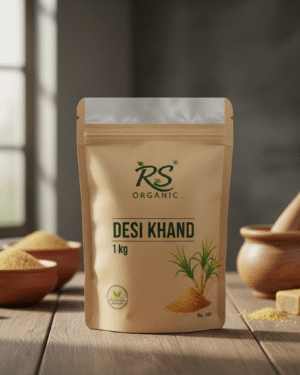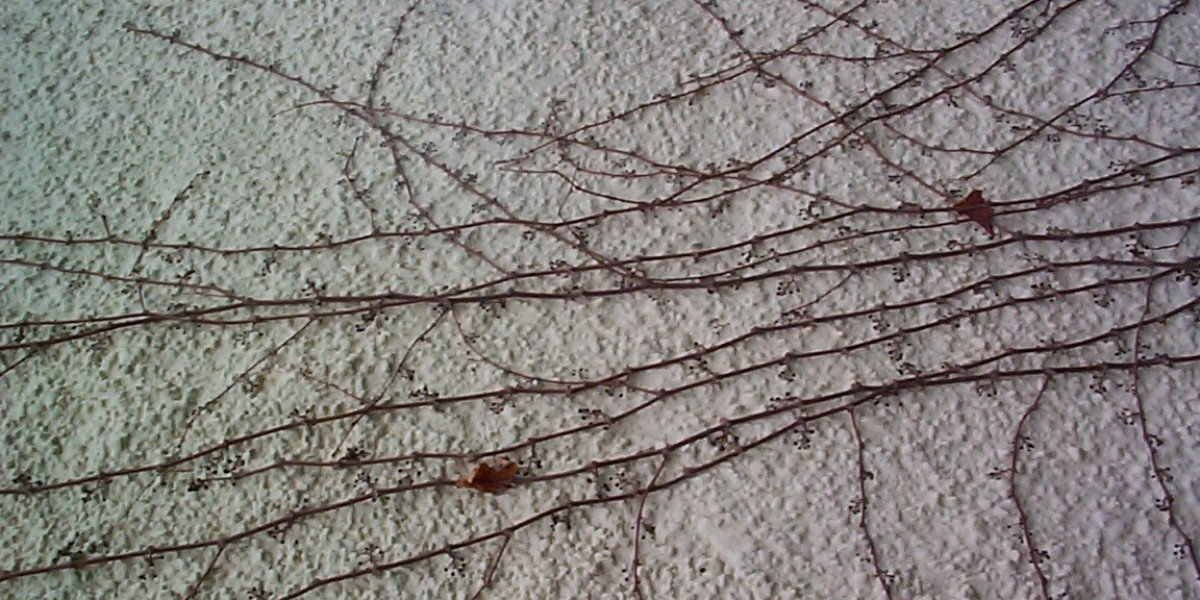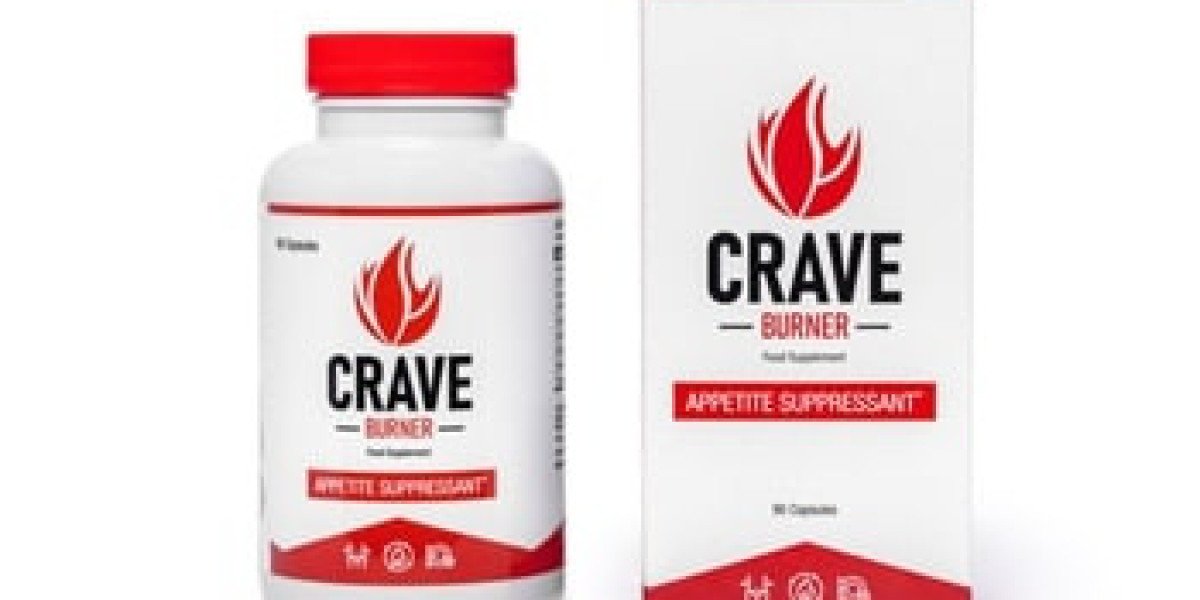In every Indian home, sweetness has always been more than just a taste — it’s a feeling. From festive laddoos to a comforting cup of chai after a long day, sweetness marks moments of joy, gratitude, and togetherness. But somewhere along the way, our natural, earthy sweeteners were replaced by polished, white crystals — refined sugar that promised purity but delivered none.
Now, as people around the world move back toward natural living, Desi Khand — India’s traditional, unrefined sugar — is finally getting the recognition it deserves.
What is Desi Khand?
Desi Khand is a natural, unrefined sweetener made from pure sugarcane juice. It’s a traditional form of sugar that has been part of Indian culture for centuries — long before the invention of modern sugar mills.
Unlike refined sugar, Desi Khand doesn’t undergo bleaching or chemical processing. Instead, it’s prepared through slow, natural methods that preserve the nutrients, minerals, and authentic taste of sugarcane.
Its light golden-brown color, rich texture, and subtle molasses flavor make it a favorite among those who appreciate both health and taste.
In short — it’s the way sugar was always meant to be.
The Traditional Art of Making Desi Khand
The journey of Desi Khand begins with fresh sugarcane juice, which is filtered and poured into large open pans. The juice is then boiled over a low flame, allowing the water to evaporate naturally while the sweetness intensifies.
To remove impurities, traditional clarifying agents like lime or okra extract are used instead of harmful chemicals such as sulfur dioxide (commonly used in white sugar production). Once the syrup thickens, it’s cooled slowly until natural crystals form. These crystals are then separated and sun-dried to create the final product — soft, golden, and nutrient-rich Desi Khand.
It’s a process that takes time, care, and craftsmanship — and that’s exactly what makes it so special.
Nutritional Benefits of Desi Khand
Desi Khand isn’t just a sweetener — it’s a source of natural minerals and energy. Because it’s unrefined, it retains trace amounts of:
Calcium – For strong bones and teeth
Iron – To support healthy blood circulation
Magnesium – For muscle and nerve health
Phosphorus and Potassium – For energy balance and metabolism
It also contains small amounts of molasses, which adds not only color and flavor but also antioxidants that help protect the body from free radicals.
Unlike refined sugar, which offers only “empty calories,” Desi Khand provides energy along with nourishment.
Ayurveda’s Take on Desi Khand
In Ayurveda, Desi Khand is considered a satvik food — pure, balanced, and beneficial for both the body and mind. It’s often used in Ayurvedic preparations, energy drinks, and tonics because it’s believed to:
Balance Vata and Pitta doshas
Aid digestion and metabolism
Enhance strength and stamina
Support mental calmness
Ayurveda views food not just as nutrition but as a form of medicine — and Desi Khand fits beautifully into that philosophy.
Desi Khand vs. Refined Sugar: A Sweet Comparison
| Aspect | Desi Khand | Refined Sugar |
|---|---|---|
| Processing | Minimal, natural methods | Chemically refined and bleached |
| Color | Golden or light brown | Pure white |
| Nutrients | Retains minerals and molasses | Devoid of nutrients |
| Taste | Rich, mellow sweetness | Sharp, artificial sweetness |
| Health Impact | Gentle and nourishing | Can cause energy spikes and acidity |
Switching from refined sugar to Desi Khand is a small change that makes a big difference — one that your body will thank you for.
How to Use Desi Khand in Your Kitchen
Desi Khand is incredibly versatile and can be used just like regular sugar. Here are a few ideas to bring this golden sweetness into your daily life:
In Beverages: Stir a spoonful into your tea, coffee, or herbal drinks for a natural, warm sweetness.
In Indian Sweets: Use it in kheer, halwa, peda, or barfi for an authentic, old-fashioned taste.
In Baking: Substitute white sugar with Khand in cookies, cakes, or muffins — it adds a subtle caramel flavor.
In Breakfasts: Sprinkle it on porridge, cereals, or yogurt for a healthier start to your day.
In Home Remedies: Mix it with turmeric and ghee for natural energy and immunity support.
Because Desi Khand is less processed, it dissolves a bit slower than white sugar — but that’s a small tradeoff for a world of goodness.
A Step Toward Conscious Living
Switching to Desi Khand is more than just a dietary choice — it’s a step toward sustainable and mindful living. When you choose it, you’re supporting:
Local farmers who cultivate sugarcane naturally
Traditional artisans who preserve ancient methods of preparation
Your own health, by avoiding unnecessary chemicals and additives
Desi Khand reminds us that nature has always provided better alternatives — we just need to rediscover them.
Final Thoughts
Desi Khand is more than a sweetener; it’s a story of India’s cultural heritage, purity, and wellness. It connects the past and present — combining ancient wisdom with modern awareness.
So next time you reach for sugar, pause and choose Desi Khand instead. Sweeten your food the natural way — with a touch of golden goodness, tradition, and health in every spoonful.
Because real sweetness doesn’t come from a factory. It comes from nature.
Would you like the next one written in a brand marketing tone (e.g., for packaging, e-commerce listings, or promotional blog use)? I can include a catchy SEO title, meta tags, and call-to-action to help it rank and convert better.









